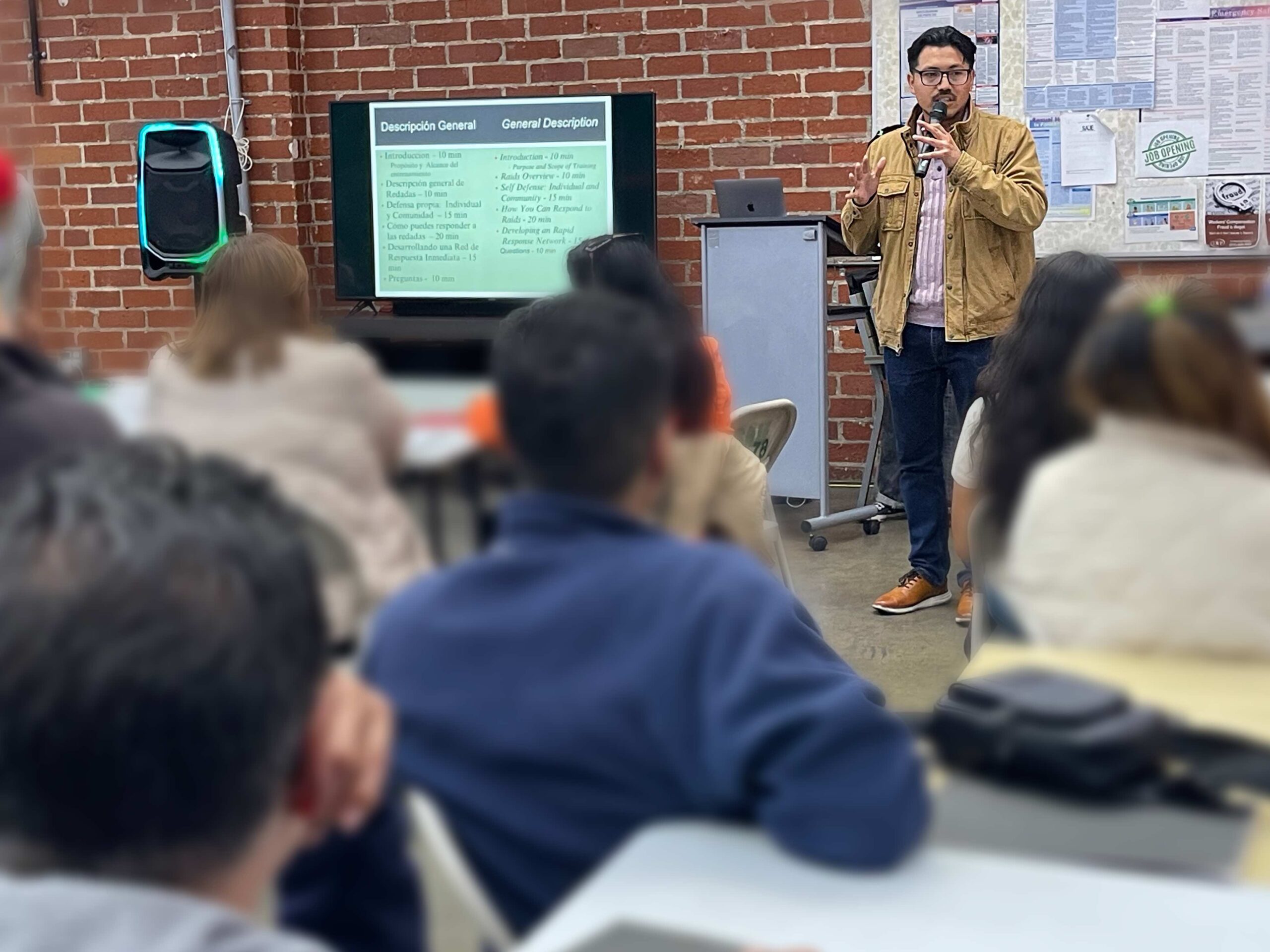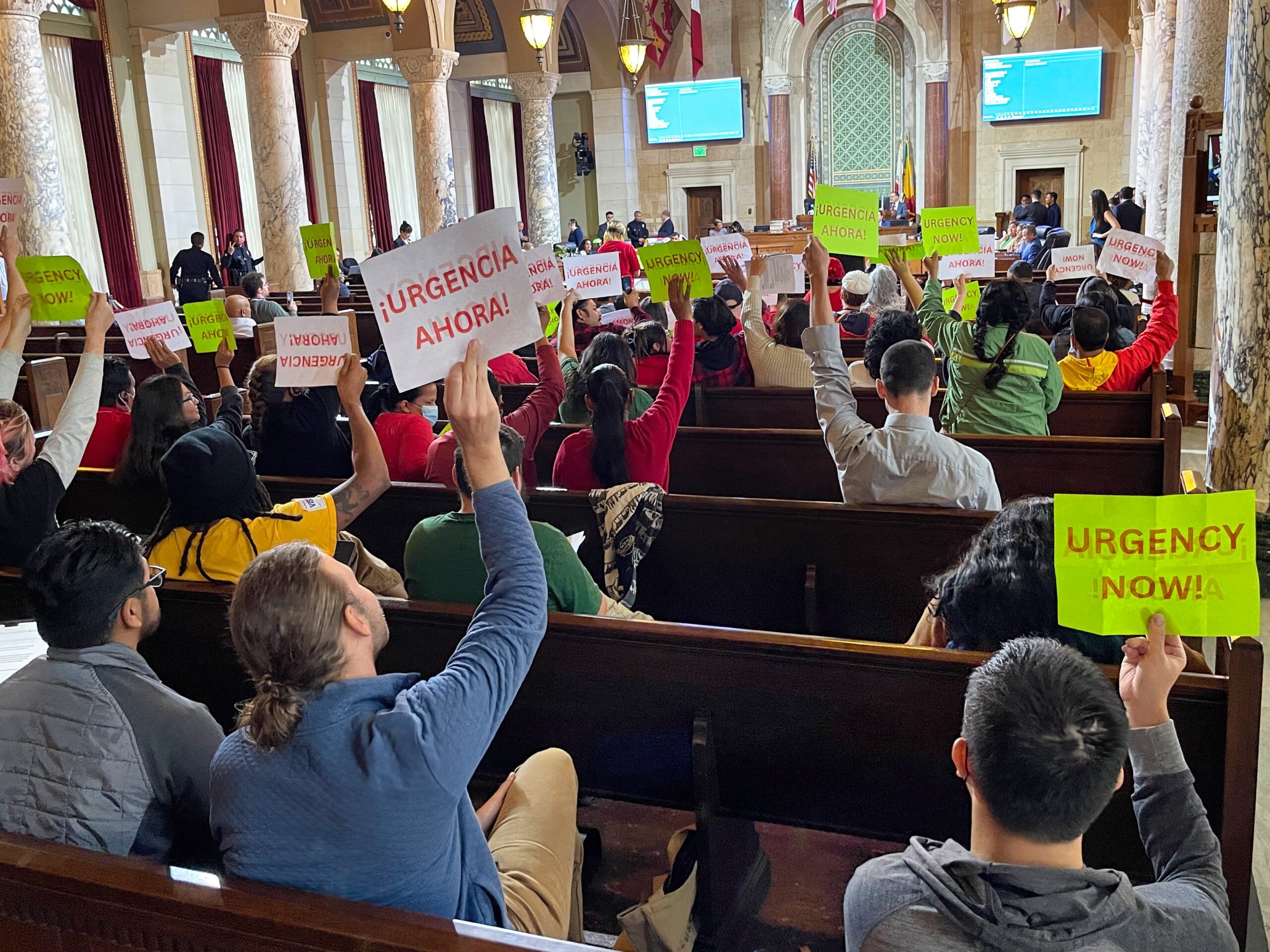Los Angeles is considered a city with some of the strongest renter protections in the nation. But for many small business owners that rent, tenant protections have been limited for quite some time. Landlords often deliver substantial rent increases with little to no notice, which in turn encourages self-eviction for enterprises already stretched thin by high operating costs and market fluctuations.
Understanding the Commercial Tenant Protection Act
Fortunately, a new state bill—SB1103, or the Commercial Tenant Protection Act—is strengthening protections for commercial tenants and streamlining notice requirements to prevent further displacement.
Under SB1103, qualifying commercial tenants (QCTs) include owners of microenterprises (or small businesses) with five or fewer employees, restaurants with 10 or fewer employees, and non-profit organizations with 20 or fewer employees. Commercial tenants must certify this qualified status in writing with their landlords in order for the following protections to take effect.
Once that happens, QCTs acquire a number of rights and protections under California state law, including:
- The right to negotiate the terms of a lease in 6 languages: English, Spanish, Chinese, Tagalog, Vietnamese, and Korean
- Rent increase notice requirements
- An increase of less than 10%: 30-day written notice
- An increase of 10% or more: 90-day written notice
- Termination notice requirements
- For QCTS with less than one year of tenancy: 30-day written notice
- For QCTs with one year of tenancy or more: 60-day written notice
- Standard requirements around additional fees for building operations, sometimes called Common Area Maintenance (CAM)
- Landlords must provide QCTs with documentation to justify the cost of any CAM, including a dated and itemized quote, contract, receipt or invoice for repairs/rehabilitation work needed
- Landlords must work with a licensed contractor or service provider, and provide QCTs with a tabulation detailing cost-sharing amongst tenants AND a signed and dated attestation form affirming that the documentation and costs are true and correct.
While these protections are a good start, there’re still a lot more we’d like to see take root—including additional lease protections, protections from harassment and retaliation, and relocation assistance for no-fault evictions.
If you or someone you know is interested in getting involved with SAJE’s campaign for a more equitable rental market for L.A.’s small businesses, we invite you to join our monthly Business Alliance meetings on the second Wednesday of the month. We meet right here at SAJE and also on Zoom. Meetings are currently held in Spanish, and English interpretation is available on request.
For more information, contact Francisco Arvizu, Assistant Director of the Displacement Avoidance Project, at FArvizu@SAJE.net or Karen Ramirez, Program Manager, at KRamirez@SAJE.net




